The powerful telescope gave space fans an early Christmas present in the form of a detailed image of Uranus, observed using infrared light.
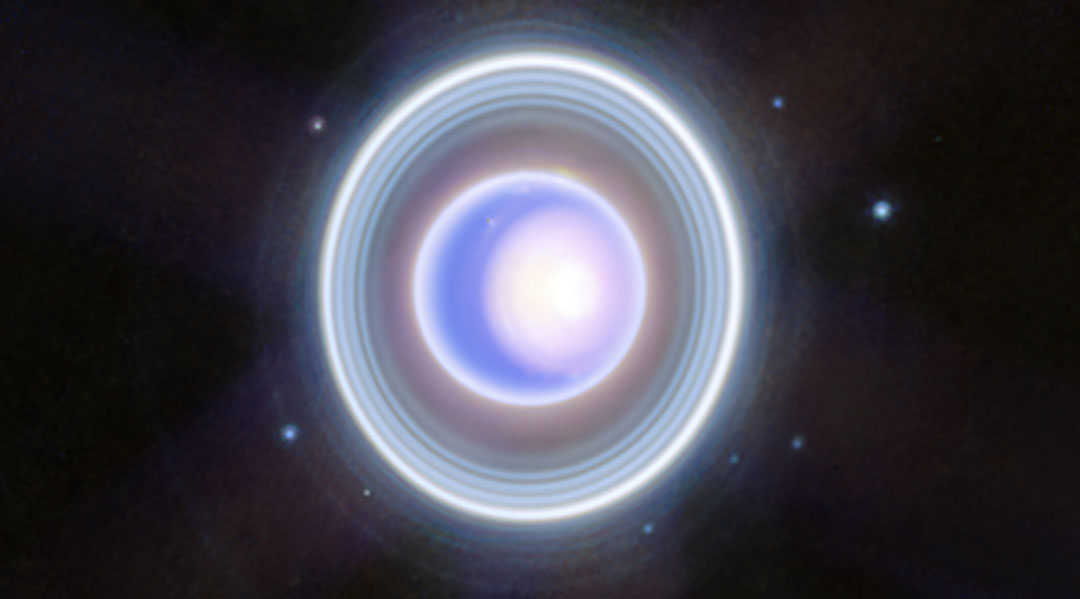


The powerful telescope gave space fans an early Christmas present in the form of a detailed image of Uranus, observed using infrared light.
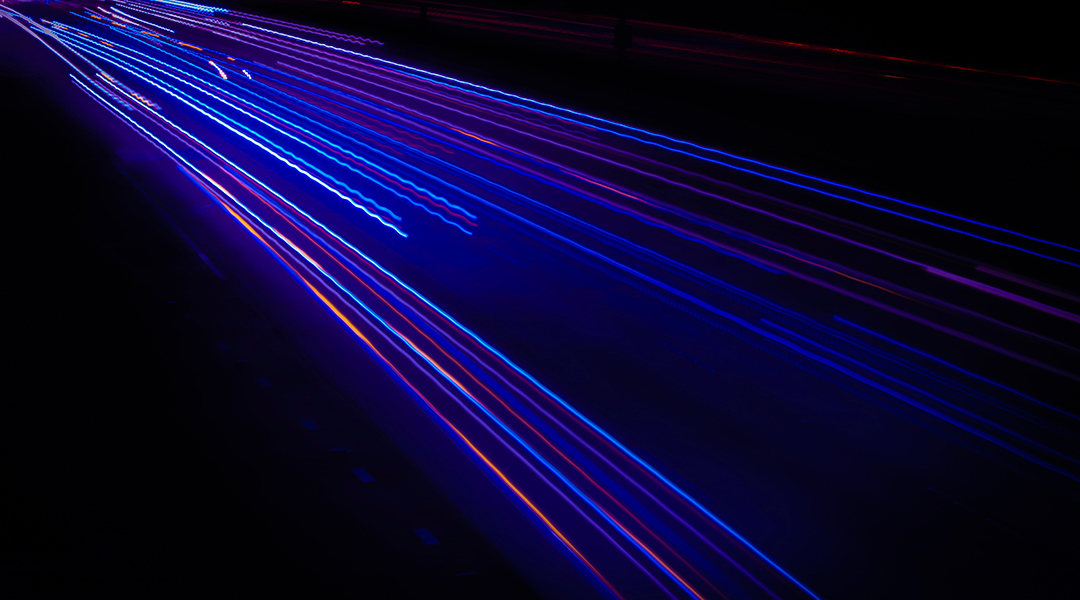
Scientists achieve a decade-long goal, perfecting the combination of attosecond pulses of light with electron microscopy to study matter.
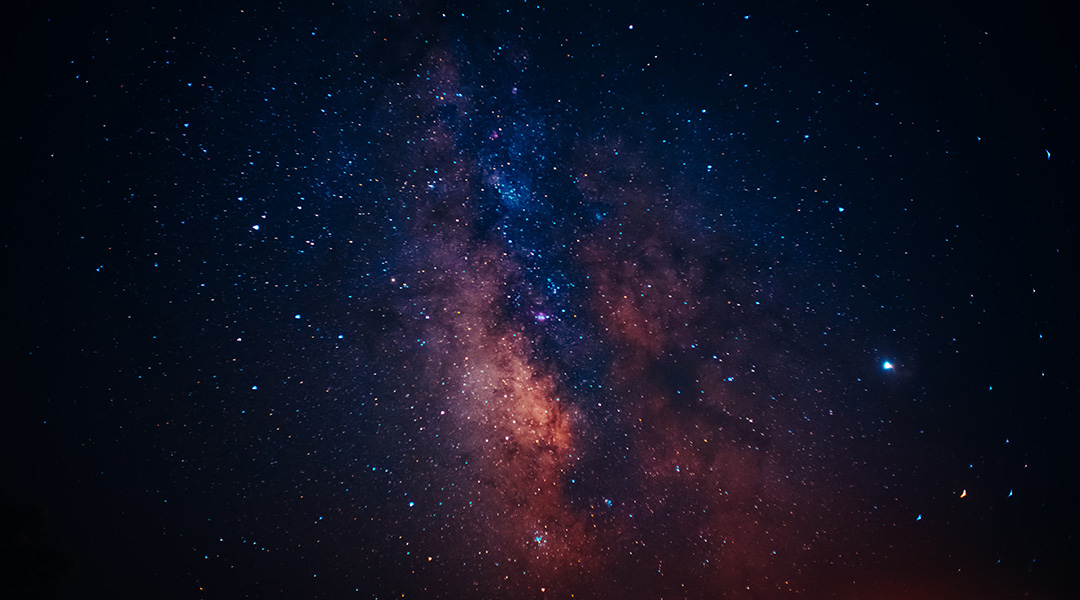
The twenty gravitationally connected galaxies extend through the early Universe for millions of light years.
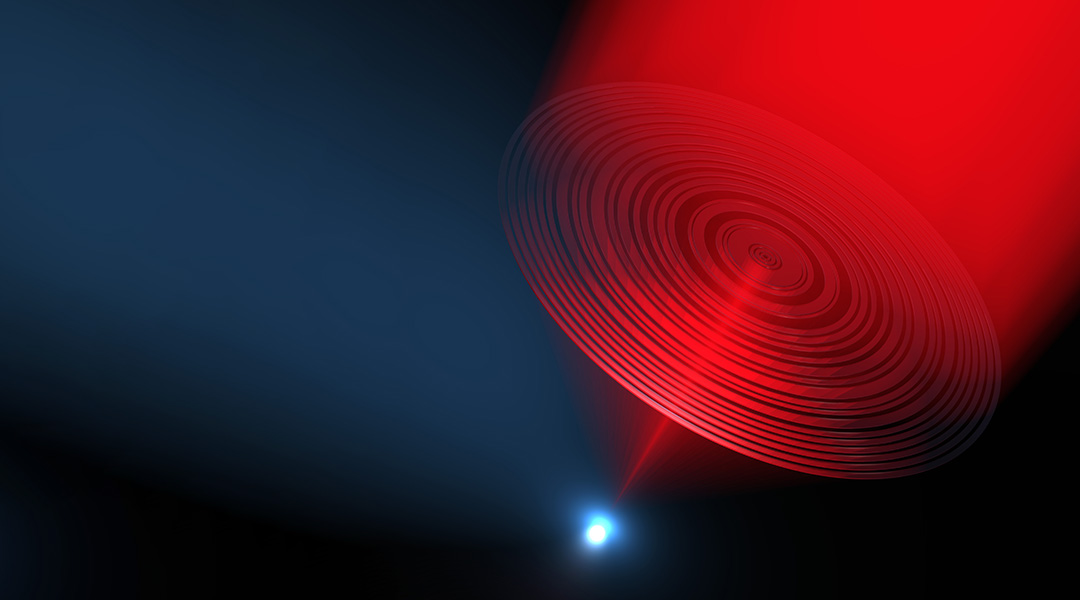
New research lays out the future of a pioneering form of electromagnetic imaging.
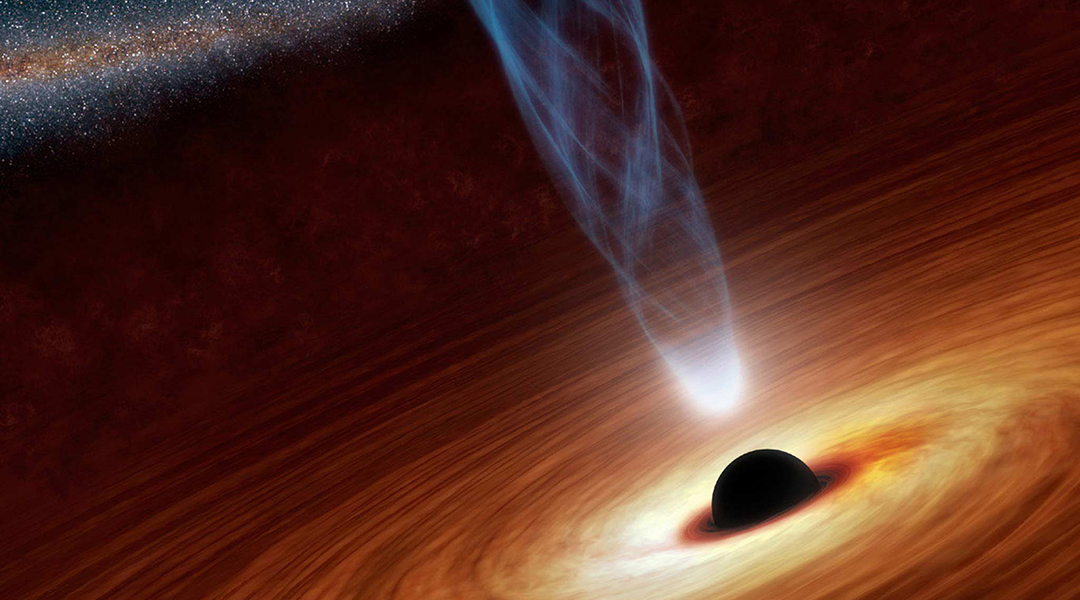
The burst of energy seems to represent the event horizon of the supermassive black hole in M87 extending outwards, suggesting how black holes could “leak” energy.

Scientists build a particle accelerator that fits on a dime, and it works!
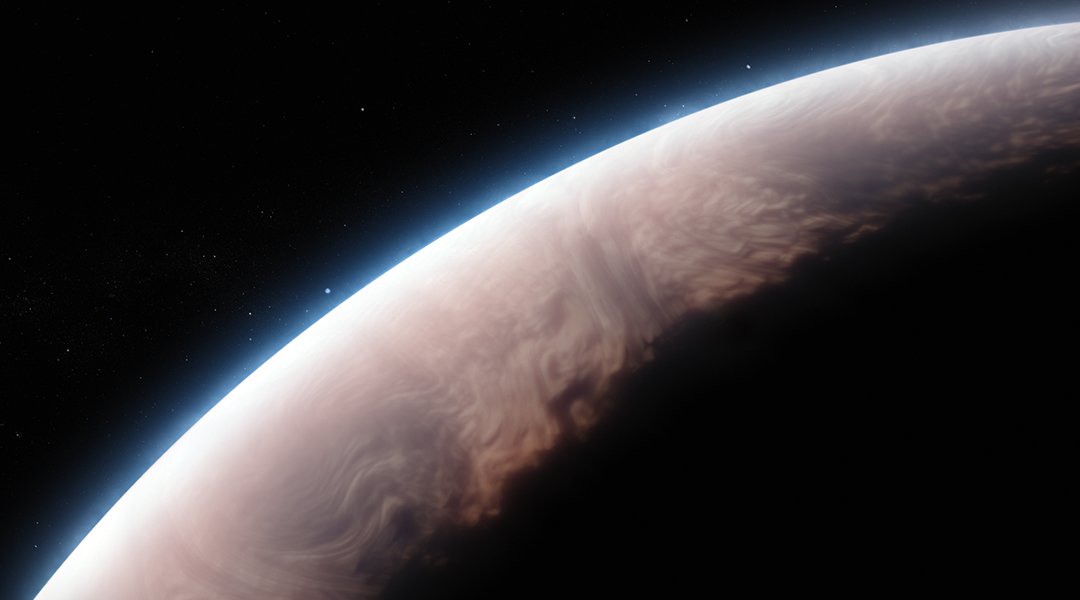
New discovery once again shows how strange planets outside the Solar System can get, and astronomers are thrilled.

Sleep apnea patients may soon sleep easier thanks to a comfortable, remote wearable device that tracks breathing patterns with the help of AI.

New research aims to improve the stability and safety of alternatives to rechargeable lithium-ion batteries using aqueous zinc and hydrogels.

Scientists explore the challenges facing alternatives to lithium-ion batteries and suggests a roadmap to overcome these obstacles.